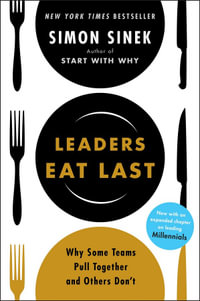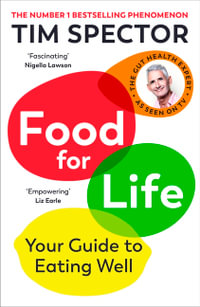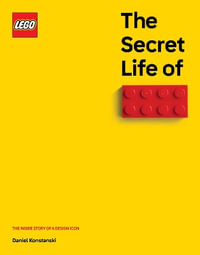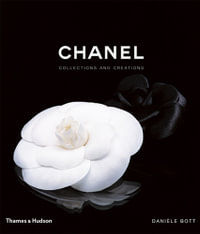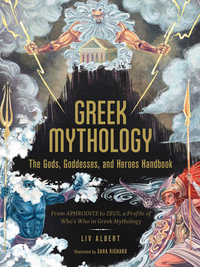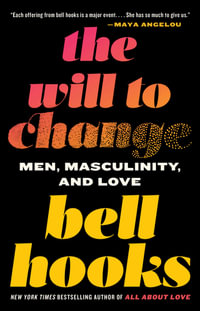Presenting qualitative and quantitative findings on the lived experiences of around seven hundred young adults from Christian, Muslim, Jewish, Hindu, Buddhist, Sikh and mixed-faith backgrounds, Religious and Sexual Identities provides an illuminating and nuanced analysis of young adults' perceptions and negotiations of their religious, sexual, youth and gender identities. It demonstrates how these young adults creatively construct meanings and social connections as they navigate demanding but exciting spaces in which their multiple identities intersect. Accessible quantitative analyses are combined with rich interview and video diary narratives in this theoretically-informed exploration of religious and sexual identities in contemporary society. A timely investigation revealing the multiplicity of contemporary identities, this book will appeal not only to sociologists and scholars of religion, but also to those working in the fields of youth studies, sexuality, gender and identity.
Industry Reviews
'Critically cutting-edge in its mixed-method and inter-disciplinary approach, this book transcends the boundaries of religion? or sexuality?, guiding us through (non)normative identities and practices, which also trouble heterosexuality and dominant Christianity. Insightful and rich, it interweaves concern with emotions, embodiment, agency and tradition, through young people's everyday lives and the "ontological anchor" of their multi-faith engagements.' Yvette Taylor, Weeks Centre for Social and Policy Research, LSBU, UK 'Through the powerful voices of young adults, we are invited to understand what it means, and how it feels, to negotiate and navigate the exhilarations and exhaustions of converging and conflicting identities and communities, and overarching dominant social codes. A timely book for all of us working with young people in schools and health services, and living with young people in our increasingly pluralist societies.' Maria Pallotta-Chiarolli, Deakin University, Australia Andrew Yip and Sarah-Jane Page have produced a thoughtful and information-packed volume that will likely change the minds of many about the relationship between religion, sexuality, and youth. ... This is a smart and readable book. Though it is clearly written for the specialist reader, and engages without much background discussion in an already ongoing conversation on the place of religion in the twenty-first century UK, the book is accessible enough to be approached by undergraduate students of any level. I can imagine engaging entry-level students in the findings of this book as a part of an introductory course on religion and/or sexuality; it would also be excellent for a course on the sociology of the life course. More advanced students, at either the undergraduate or the graduate level, will find much to engage them through the book's conversation with current research in all three of its areas of interest and certainly scholars working on contempo






